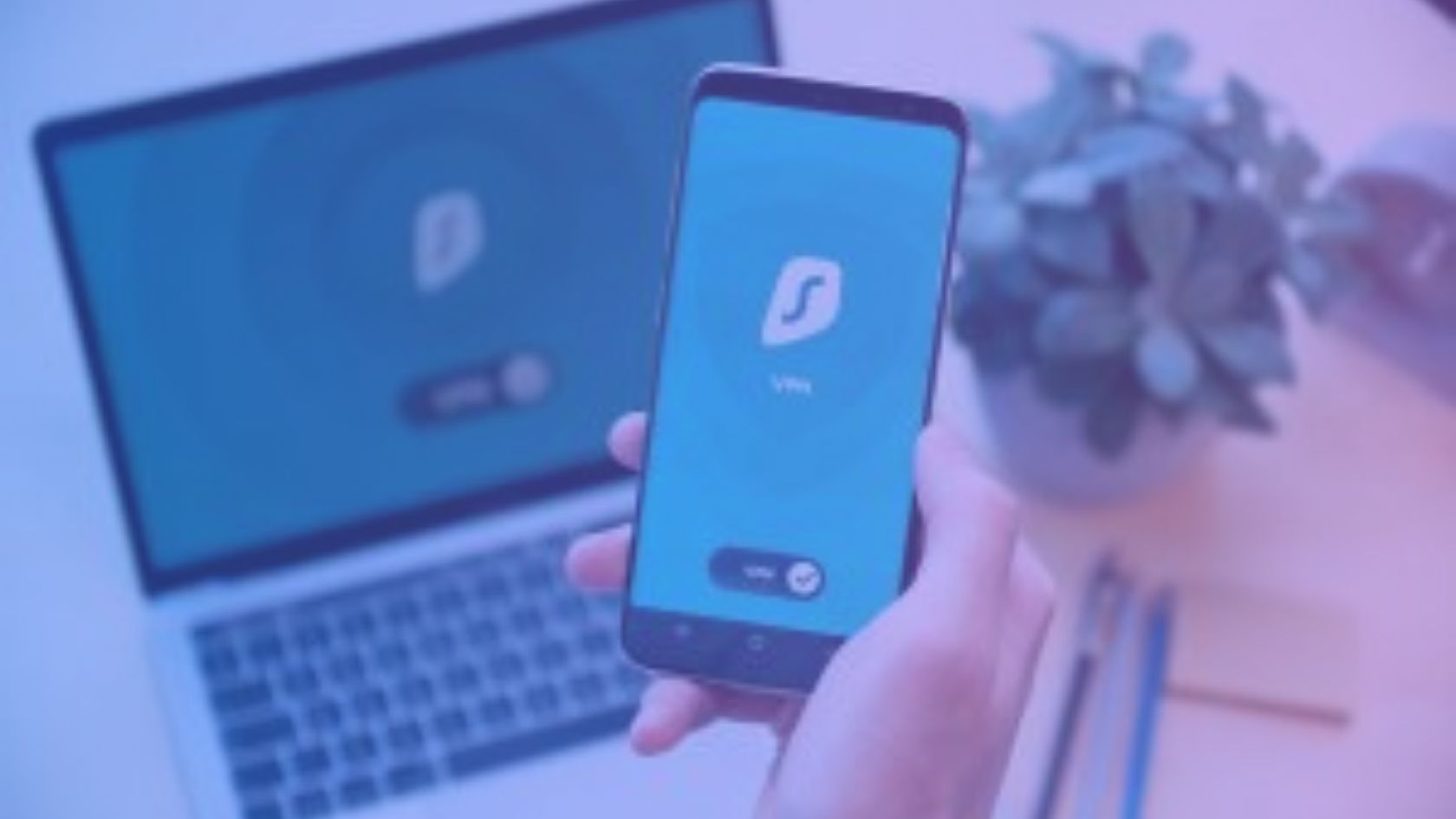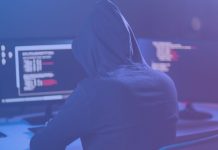Employees are vital to a company’s success but can also be a significant vulnerability in data security. Surprisingly, 85% of data breaches result from human error.
Even with strong IT infrastructure, established cybersecurity policies, and continuous employee training, individual actions significantly impact data protection. Consider the scenario: a single employee sharing sensitive information or accidentally clicking on a malicious link can trigger a serious security incident.
To prevent such incidents, it’s essential to promote daily habits that prioritize cybersecurity. To achieve this, we recommend seven key cybersecurity practices that all employees should know and consistently follow.
Data, Not for Dummies
In everyday situations, you’re careful not to share personal information like your bank card or social security number in response to unsolicited emails or calls. This same vigilance is crucial in your professional environment.
While it may seem straightforward, it’s imperative not to disclose sensitive business data. For instance, even inadvertently revealing confidential information through a photo that includes a visible computer screen can pose risks.
Moreover, always remain cautious of hackers who create deceptive email addresses to impersonate trusted contacts. Prioritize verifying the sender’s identity before sharing any information.
Additionally, ensure you regularly back up your files securely to protect against potential data breaches. Consider using OneDrive, a secure cloud storage option, to keep your data safe.
Phishing! …don’t take the bait!
Cybercriminals often target employees with deceptive pop-ups or links containing viruses and malware. It’s critical to be cautious about clicking on links or opening attachments in emails, especially from unknown or suspicious sources. Hackers can masquerade as colleagues, friends, or reputable organizations, putting your security at risk with a single click.
To avoid falling into these traps, it’s essential to be able to identify phishing emails. Never disclose personal or business information in response to unsolicited messages. If you have any doubts about the authenticity of an email or communication, verify its legitimacy with your IT department before proceeding.
Pump Up Your Password
“Your password must include 8 characters, uppercase and lowercase letters, symbols, a ninja, and two unicorns…”
We’ve all encountered this familiar error message when setting up a password. Whether it’s your first attempt or your umpteenth, getting it right can be a challenge.
However, this system isn’t meant to frustrate you—it’s designed to enhance security for your personal accounts. Simple passwords are easy to guess, potentially exposing sensitive company data. So, get creative or consider using a password generator, which generates random and secure combinations of characters.
Additionally, your company may require you to change passwords regularly as an extra security measure. To manage them effectively, consider using a password manager for easy recall and secure storage.
Public Wi-Fi…Proceed with caution
Free Wi-Fi, such as that found in train stations or airports, may seem convenient when you need to finish a task or check emails. However, this seemingly harmless decision can lead to regrets.
These locations are prime targets for hackers due to the high volume of potential victims they attract.
When working outside the secure environment of your corporate office, always use a Virtual Private Network (VPN) for internet access. A VPN encrypts your data and secures your connection, safeguarding your information from potential threats.
Alternatively, consider using your smartphone’s mobile hotspot for a more secure internet connection compared to public Wi-Fi networks.
Updates…tomorrow never comes
Updates play a vital role in protecting your devices, as they close security gaps.
Antivirus software is regularly reviewed to target and counter new cyber threats that proliferate every day. So, if your company sends you security update instructions, install them immediately. This also applies to any personal devices you use at work.
IT: your best ally
The IT department is your ally. Feel free to contact your company’s support team to discuss data security. If something goes wrong, don’t try to fix it if you’re not sure. Ask IT for help instead.
Speaking of technical support, beware of scams! You may receive phishing emails from someone claiming to work in the IT department. The goal is usually to get you to install malware on your device or provide confidential information. When in doubt, contact your company’s IT department.
Knowledge is Power
Given the human factor’s vulnerability in cybersecurity, many companies conduct training and awareness workshops.
These efforts seek to minimize or eliminate cyberattacks caused by human error. Participating in these sessions empowers employees to recognize cyber threats and respond to potential data breaches effectively.
Employees should also prioritize understanding their company’s cybersecurity policies and adhering to them consistently.
Cultivating a strong cyber-resilient culture within the organization is essential for protecting sensitive information and maintaining operational continuity against evolving cyber threats.
Become a Defender!
Having a solid understanding of cybersecurity is essential for reducing vulnerabilities within your company. It’s important to be aware that cyber threats are widespread, and a single misstep can enable hackers to access sensitive data.





